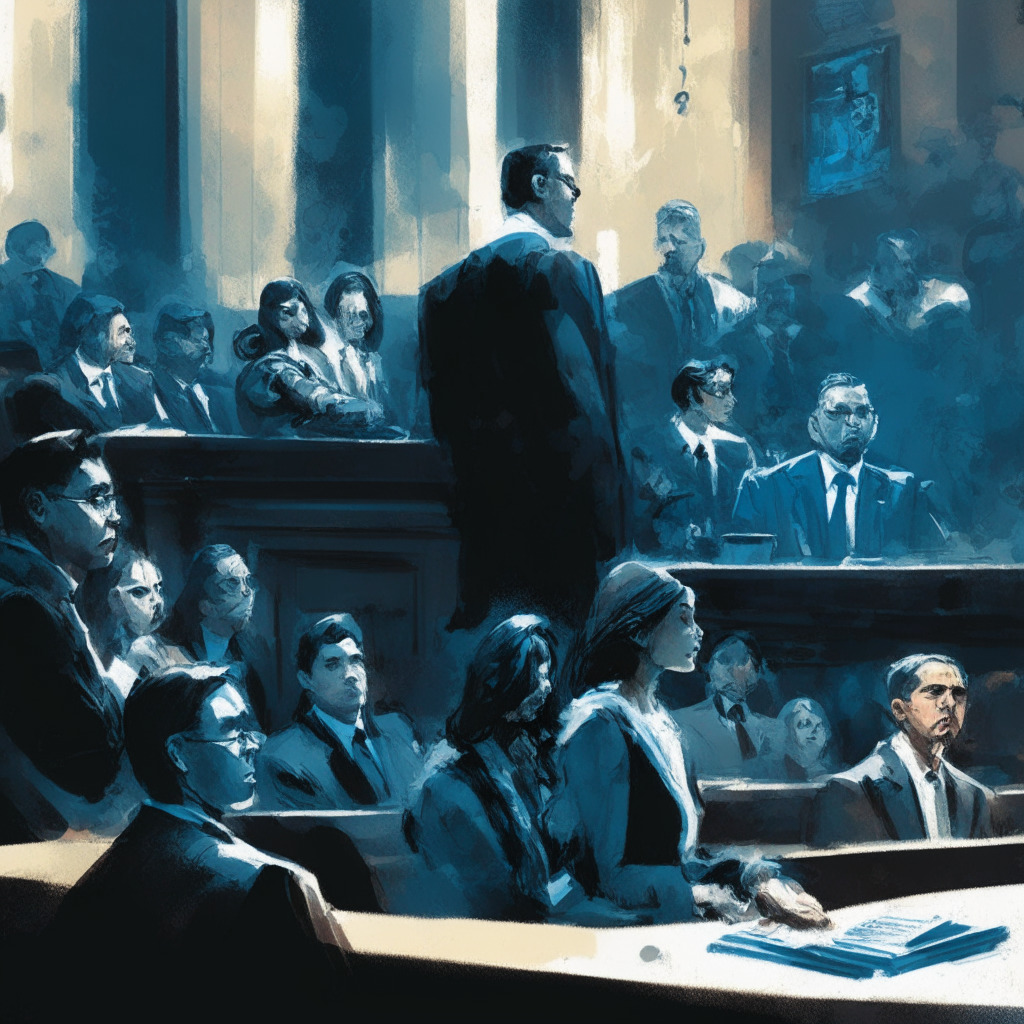In an unforeseen twist over stolen funds from a monumental hacking case, Heather “Razzlekhan” Morgan and Ilya Lichtenstein have submitted a plea bargain to U.S. authorities. The duo faced accusations of cleansing money siphoned from the cryptocurrency exchange, Bitfinex, during a major breach in 2016. As per the plea deal, they conceded guilt to twofold counts of money laundering and a single count of conspiracy to defraud the United States.
The couple have been directed by The United States Attorney to forfeit an astronomical hoard of cryptocurrencies that range from Bitcoin, Ether, various stablecoins, and others, not to mention cash from their banking accounts. The precise valuation of the required forfeiture dips into the range of billions. However, a haze of ambiguity looms over the potential duration of their incarceration.
Previously, the accused faced double conspiracy charges that advocates a maximum sentence of 25 years. Inside the court documents, it is clarified that the couple’s sinister motive was to illicitly enrich themselves by cleansing the spoils from the defrauding operation, and ensure that their nefarious activities evade detection.
The theft involved a hefty number of approximately 119,754 bitcoins, whose valuation stands around a colossal $3.5 billion as of the present values. The lawyer representing the accused initially planned to pushback against the charges, claiming apparent frailties in the government’s arguments and unsubstantiated assertions in the dispute.
With these recent developments, it’s worth noting that this episode offers a fascinating perspective into the murky world of cryptocurrency regulation.
On one hand, it showcases the potential pitfalls, susceptibility to fraud, and the limitations of the existing measures in place aimed at protecting investors. Hacking incidents such as the Bitfinex exploit emphasize the perceived vulnerability of decentralized systems and the potential for misused anonymity.
On the other hand, it demonstrates the capability of law enforcement agencies to track and apprehend those who commit unlawful acts in the world of cryptocurrencies – a glaring contradiction to the common perception of digital currency transactions as being wholly anonymous and untraceable.
As this story continues to unfold, it serves as a stark reminder to all stakeholders involved in the digital asset landscape, that despite its decentralized nature and the allure of anonymity, the crypto world isn’t entirely impervious to regulations and potential legal repercussions.
In an ever-evolving industry such as this, navigating the obstacles and opportunities necessitate a balanced view and an understanding of the regulations that play into the world of cryptocurrencies. With numerous complexities and uncertainties come the critical need for robust legislation and regular updates to ensure a fair and secure trading environment.
Source: Coindesk




